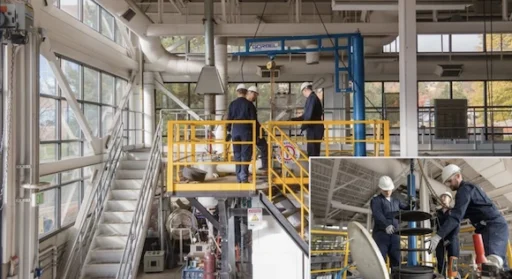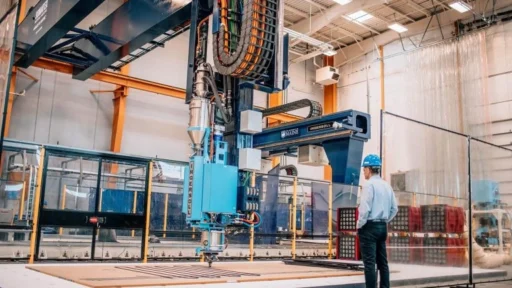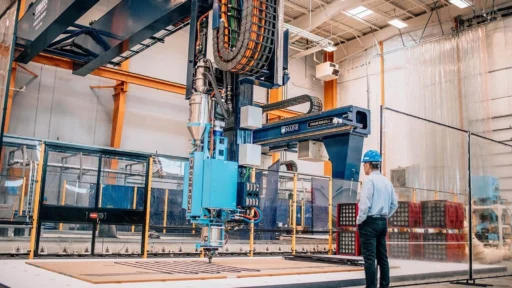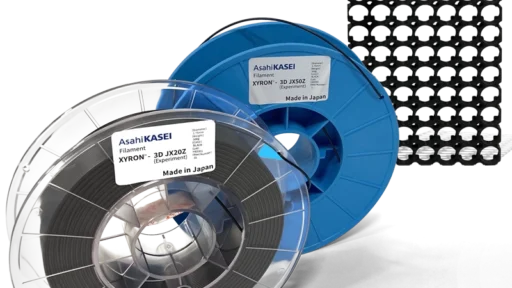Join the Expert Committee for the 2024 3D Printing Industry Awards to help select the winners!
Titanium developer based in North Carolina, IperionX and United Stars have agreed upon a commercial supply deal focusing on IperionX’s titanium products.
According to the agreement, United Stars is expected to procure up to 80 metric tons annually of IperionX’s titanium products over a period of ten years. The aim of this partnership is to merge IperionX’s titanium production techniques with the extensive manufacturing experience and established customer base of United Stars. The goal is to effectively cater to the growing demands for high-performance titanium products across multiple sectors.
United Stars Chairman and CEO, Roger West, expressed, “Titanium is a superior metal for a majority of uses, and ever since the U.S. became totally reliant on titanium metal sponge imports from overseas in 2020, I’ve been in search of a U.S. company capable of economically and securely re-shoring an integrated supply chain for titanium. This relationship will prove incredibly valuable for my portfolio of companies and I’m also proud to contribute towards supporting the interests of U.S. national security. Taso Arima’s vision to re-shore the U.S. titanium supply chain, in association with the team that he has assembled, makes IperionX an organization which I am happy to collaborate with.”
Spearheading titanium solutions for key industries
United Stars, a longstanding family-owned company headquartered in Wisconsin, boasts over 80 years of manufacturing heritage and is recognized for supplying industrial components to a diverse array of sectors, including aerospace, automotive, defense, and more. Noteworthy clientele of United Stars include Boeing, Lockheed Martin, and GE, among others.
The collaboration between United Stars and IperionX is earmarked to focus primarily on delivering products catering to the defense and advanced technology sectors. These products are envisioned to address specific needs such as lightweight, strong, compact, and corrosion-resistant performance, particularly for applications like vehicle drivetrains, robotic motors, and wind turbines.
IperionX is currently focused on creating what they refer to as a ‘comprehensive’ American titanium supply chain solution. This venture includes the refinement of minerals to achieve a titanium purity of over 99% TiO2. It also encompasses the ability to use a broad range of recycled titanium scrap to manufacture cost-effective and high-performance titanium alloys.
IperionX employs its patented technology suite to create near-net shape products and semi-finished titanium materials like ingots, bars, plates, and wires. They also create spherical titanium powder designed for additive manufacturing and metal injection molding. Additionally, they produce angular titanium powder which is ideal for a range of advanced manufacturing uses. Unlike the traditional Kroll titanium production method, IperionX’s technology provides enhanced sustainability and energy efficiency in its procedures.
The potential of titanium 3D printing
Titanium’s unique characteristics such as its strength, light weight, and biocompatibility make it an ideal material for 3D printing, especially in fields like aerospace, medical and automotive industries. But it does require certain considerations, such as heat stress and supports during the design phase. However, 3D printing offers new potential for producing high-performance titanium components.
Several firms, including IperionX, have recognized titanium 3D printing’s potential. Aerospace technology has taken a step forward as Boeing and Titomic combined efforts to explore the capabilities of the Titomic Kinetic Fusion (TKF) 3D printing method. Investigating sustainable titanium powders for space systems, they both made use of local resources in Australia. The primary goal of this venture was to illustrate the feasibility of using green titanium in additive manufacturing.
On a different note, a team of researchers from RMIT University and the University of Sydney have introduced strong, ductile, and sustainable titanium alloys. These have significant implications for creating cost-effective, high-performance materials in the aerospace, biomedical, and energy sectors. When combined with Laser Directed Energy Deposition (L-DED) 3D printing, these alloys can utilize common materials like oxygen and iron, which lessens dependence on expensive additives.
L-DED 3D printing provides careful control over alloy properties and delivers strength and ductility similar to commercial alloys. The researchers’ goal was to replace aluminum and vanadium with oxygen and iron as a way to overcome obstacles in traditional titanium alloys. Their findings were published in Nature.






